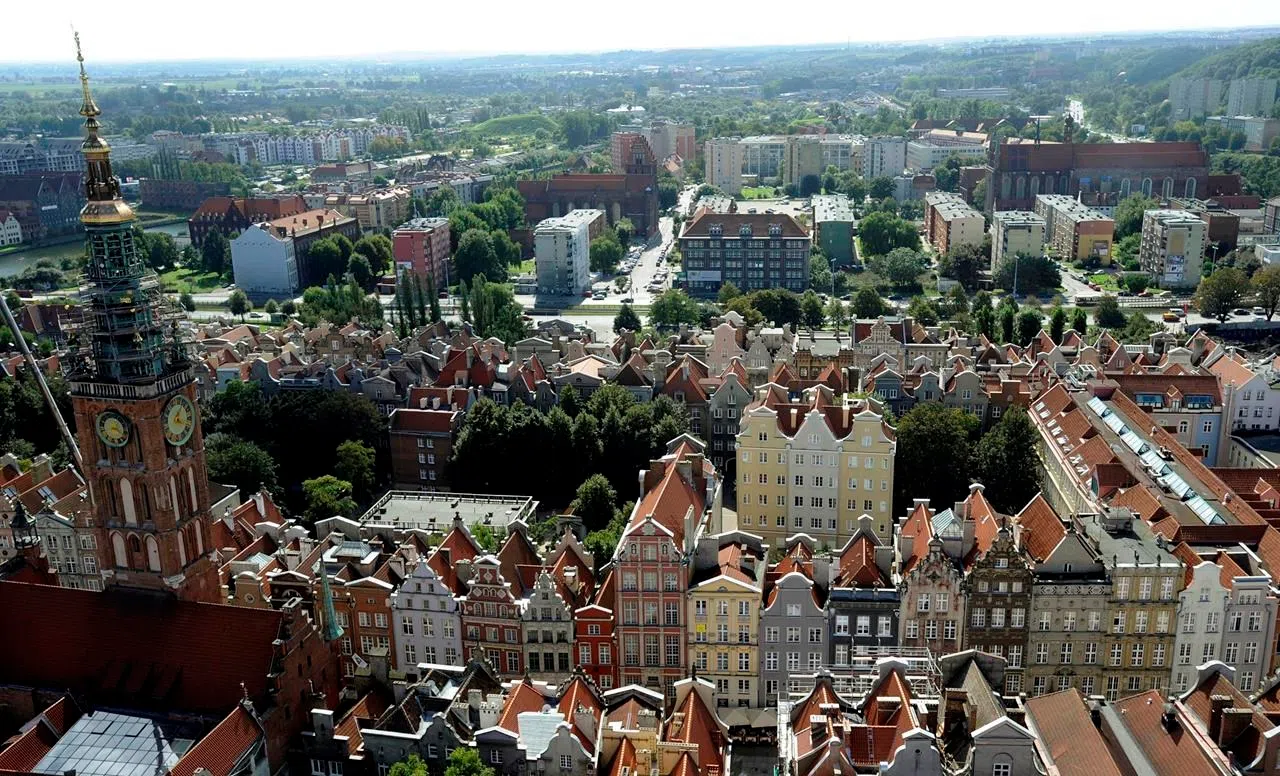
Slain mayor led Polish city known for openness, Solidarity
WARSAW, Poland — Poland’s port city of Gdansk, where the longtime mayor died Monday after being stabbed at a fundraiser, served as the setting for key events in 20th century European history, from the early shots of World War II to the Cold War’s final days.
The movement that played a pivotal role in the collapse of communism across Eastern Europe was born in the local shipyard, an event Mayor Pawel Adamowicz and others recalled when they called Gdansk a city of “freedom and Solidarity.”
Solidarity, the anti-communist trade union and social movement, was founded in 1980 by the shipyard electrician Lech Walesa, who went on to become Poland’s president. Walesa, 75, still lives in Gdansk and joined residents mourning the mayor Monday.
Adamowicz, 53, worked with Solidarity as a student and Walesa said he would remember him as a “great activist” and a friend.


